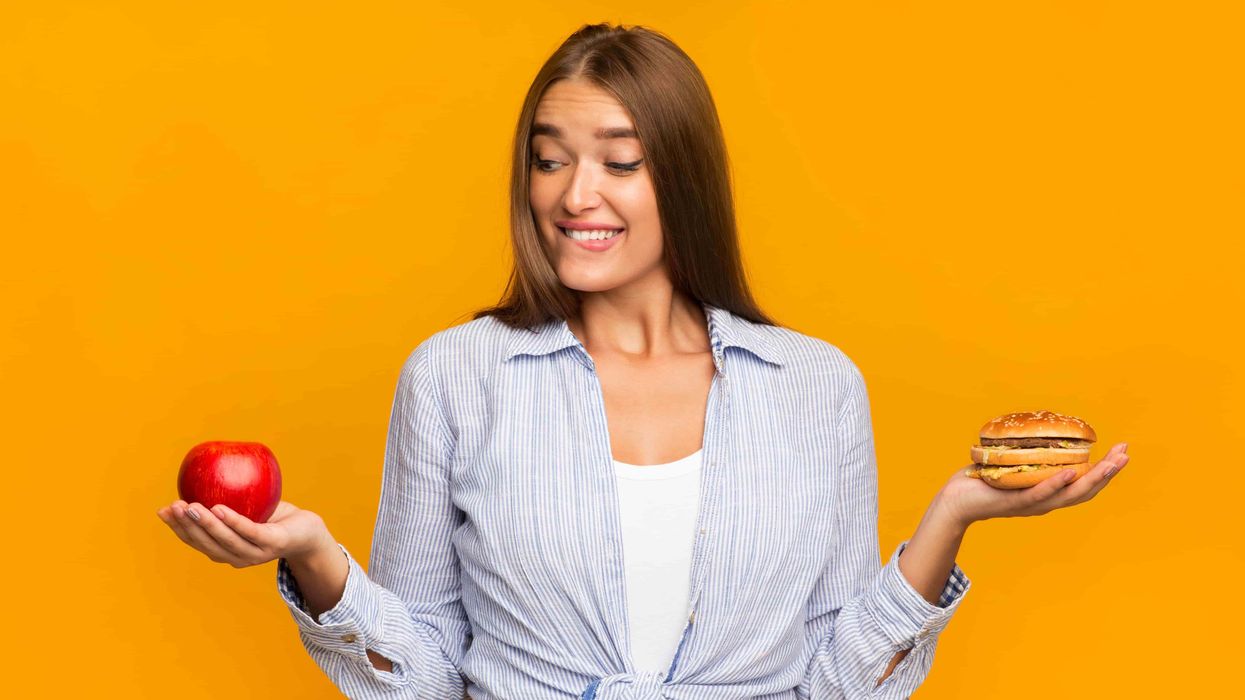Article by David Kooi, CEO and Co-Founder of Jointly
Did you know that you can use cannabis to manage sleep disruptions caused by Daylight Saving Time? This year, Daylight Saving Time ended on November 7th, 2021 in the U.S. At 2:00 am, clocks were set back an hour, giving you an extra hour of sleep that morning.
Changing your clock in either direction can mess with your circadian rhythm and your sleep schedule. The only thing worse than shorter days and longer nights is having to readjust our sleep schedules. That said, cannabis is here to help us all through this dark (literally) time. Cannabis is a safe and effective sleep aid that has been used for thousands of years, but how do you ensure that you have a perfect night’s sleep every time?
Daylight Saving Time and Cannabis
While many people think Daylight Saving Time is about farming, it is actually about energy conservation. The reasoning is that if it is light out for a longer time, there is less time that people have to use energy to light their house.
Studies have shown that the transition out of Daylight Saving Time is associated with an increase in car accidents and on-site work incidents. Last year, the American Academy of Sleep released a statement saying: “Permanent, year-round time is the best choice to most closely match our circadian rhythm.”
Research has shown that cannabis can act as a zeitgeber, or something that entrains your circadian rhythm. That means you can mitigate disruptions to your sleep schedule with purposeful cannabis consumption.
Managing Your Sleep
As mentioned above, many have turned to cannabis to help aid in relaxation and sleep. However, while there is some research suggesting that cannabis can help restore your natural sleep cycles, there is little to no information about the best strains, form factors, dosing, or how to track your cannabis experience related to that specific sleep goal so you can replicate it.
That is where Jointly, a cannabis wellness app that helps you get more out of cannabis, can come into play. Consumers using the Jointly platform have recorded over 150,000 unique cannabis experiences in pursuit of better living, which includes getting the sleep you need.
According to Jointly users, 1 in 5 uses cannabis to improve their sleep. Data also indicates that people sleep best when they use certain product types and ingestion methods. For example, drinks, edibles, and tinctures perform 17% better than traditional flower or vape oil to improve sleep.
Additionally, several factors like how full you are or how active you have been that day seem to have a significant impact on whether a product promotes sleep or causes adverse side effects. People consuming cannabis drinks, edibles, or tinctures on an empty stomach reported nearly twice as many side effects such as paranoia and the munchies. Additionally, people who exercise before consuming cannabis for sleep report 12% better results than those who don't exercise.
People who tracked at least ten cannabis sessions on the Jointly app rate their success with sleeping 35% better than when they started. So, tracking cannabis sessions specifically for better sleep helps to replicate the positive experience they had.
If you are looking for cannabis products to help you manage the disruption to your sleep schedule caused by the end of Daylight Saving Time, you can use the Jointly app to see the highest-rated products for the goal “Improve Sleep.”
Getting More Out of Cannabis
Beyond sleep, consumers are using cannabis more than ever to reach other wellness goals. Whether your goal is to relax after work or recover more quickly after a long run, cannabis is a tool that more people are adding to their toolbox. However, to get the most of your cannabis experience and ensure you reach your wellness goals each time you consume cannabis, you should track the 15 factors that impact your cannabis experience.
These 15 factors include your dose, the environment in which you consume cannabis, who you are with when you ingest, how hydrated you are, the quality of your diet, how much sleep you got last night, and more. On the Jointly app, you can find new cannabis products, rate products based on how well they helped you achieve your goals, and track and optimize 15 factors that can impact your cannabis experience.
Need a little more Bluntness in your life? Sign Up for our newsletter to stay in the loop.
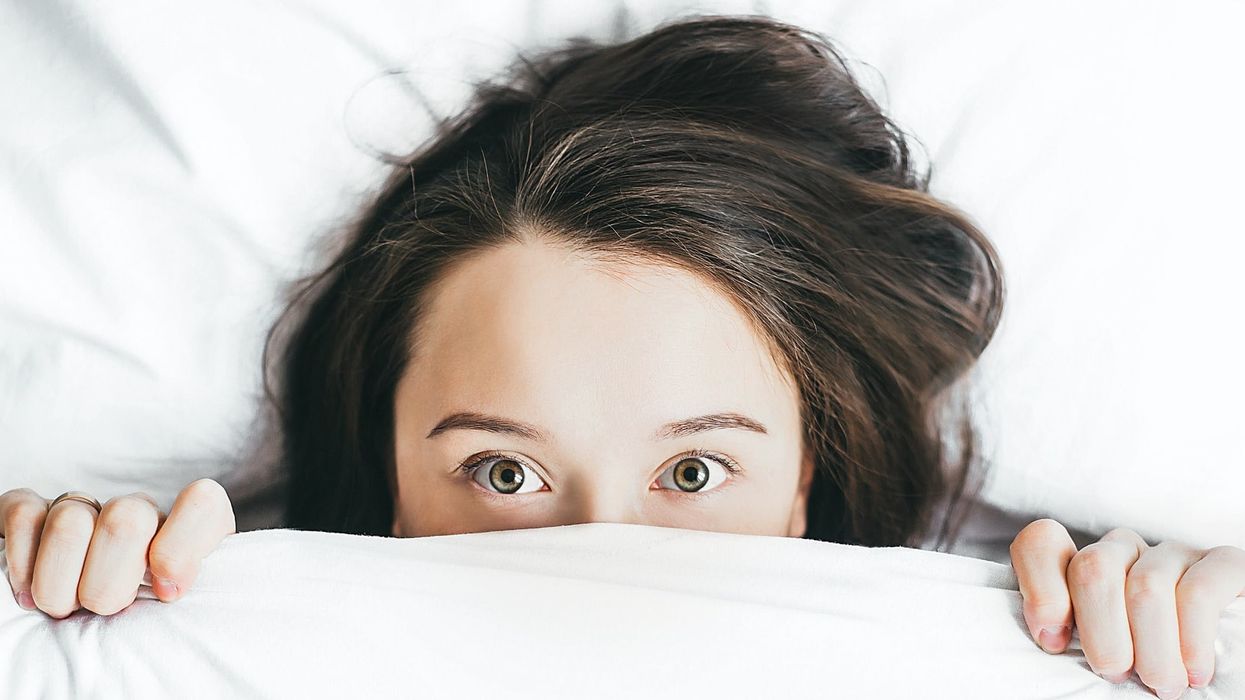






 What will you do with that cannabis kief collection? - Make Coffee! The Bluntness
What will you do with that cannabis kief collection? - Make Coffee! The Bluntness DIY: How to Make Kief Coffee - The Bluntness
Photo by
DIY: How to Make Kief Coffee - The Bluntness
Photo by 






 The Truth About THC Candle: Cannabis Candles & How to Make Your Own - The Bluntness
Photo by
The Truth About THC Candle: Cannabis Candles & How to Make Your Own - The Bluntness
Photo by 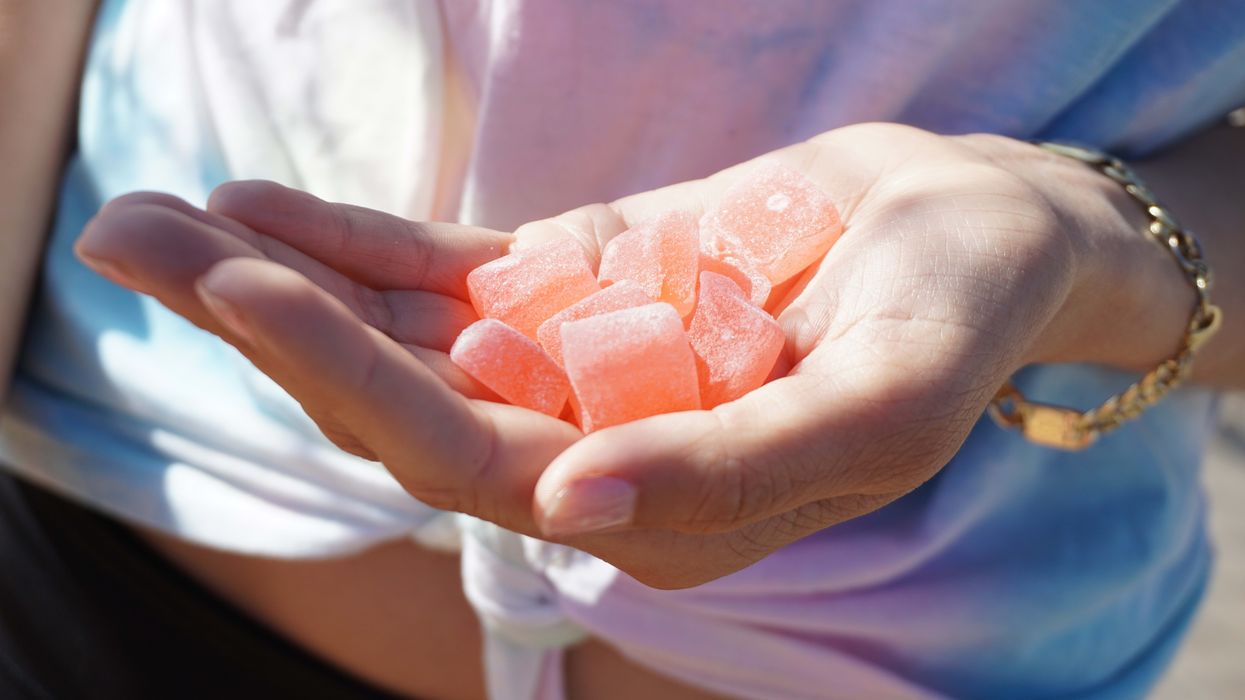
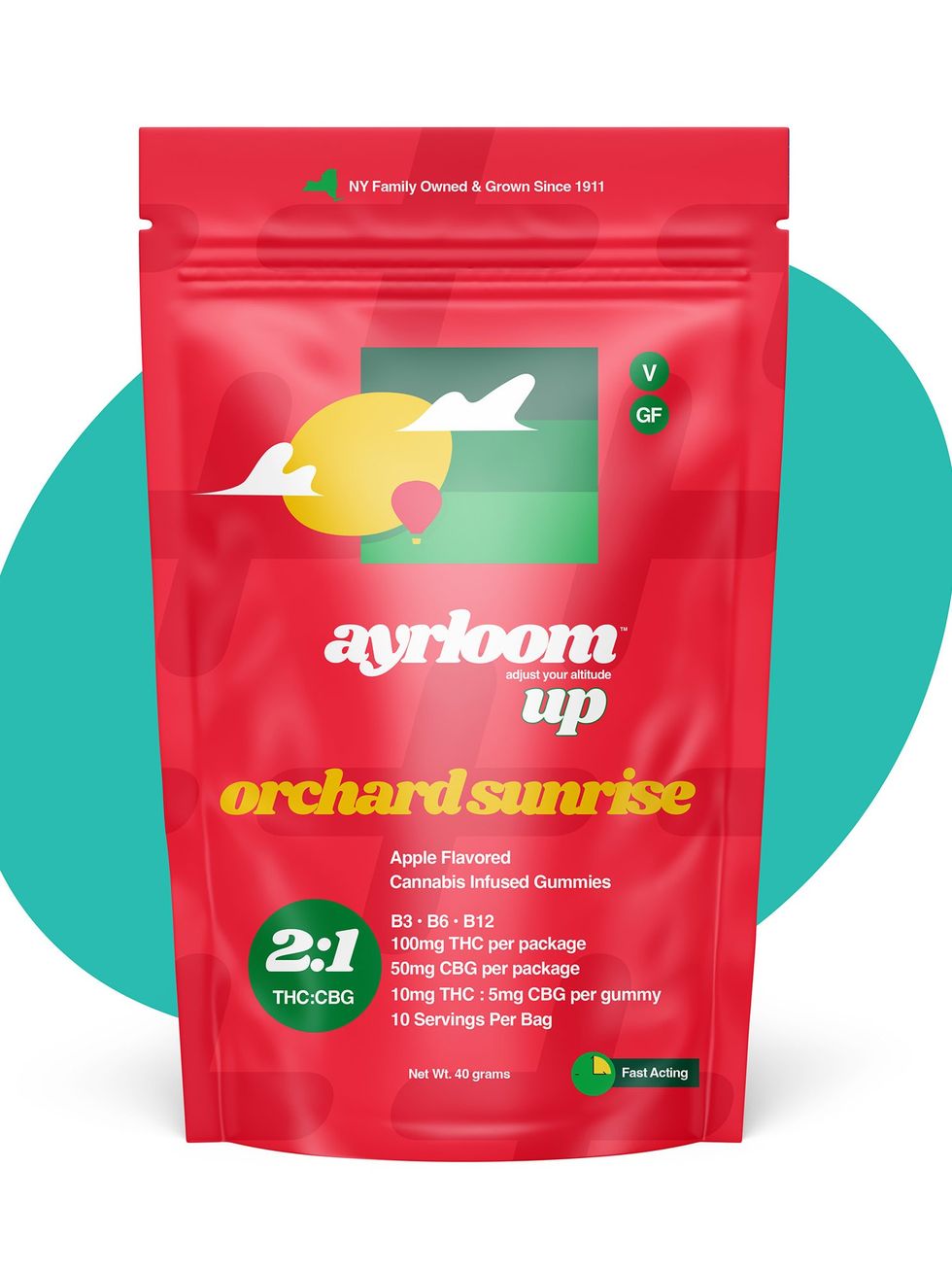 Ayrloom Orchard Sunrise Cannabis Infused Gummies
Ayrloom Orchard Sunrise Cannabis Infused Gummies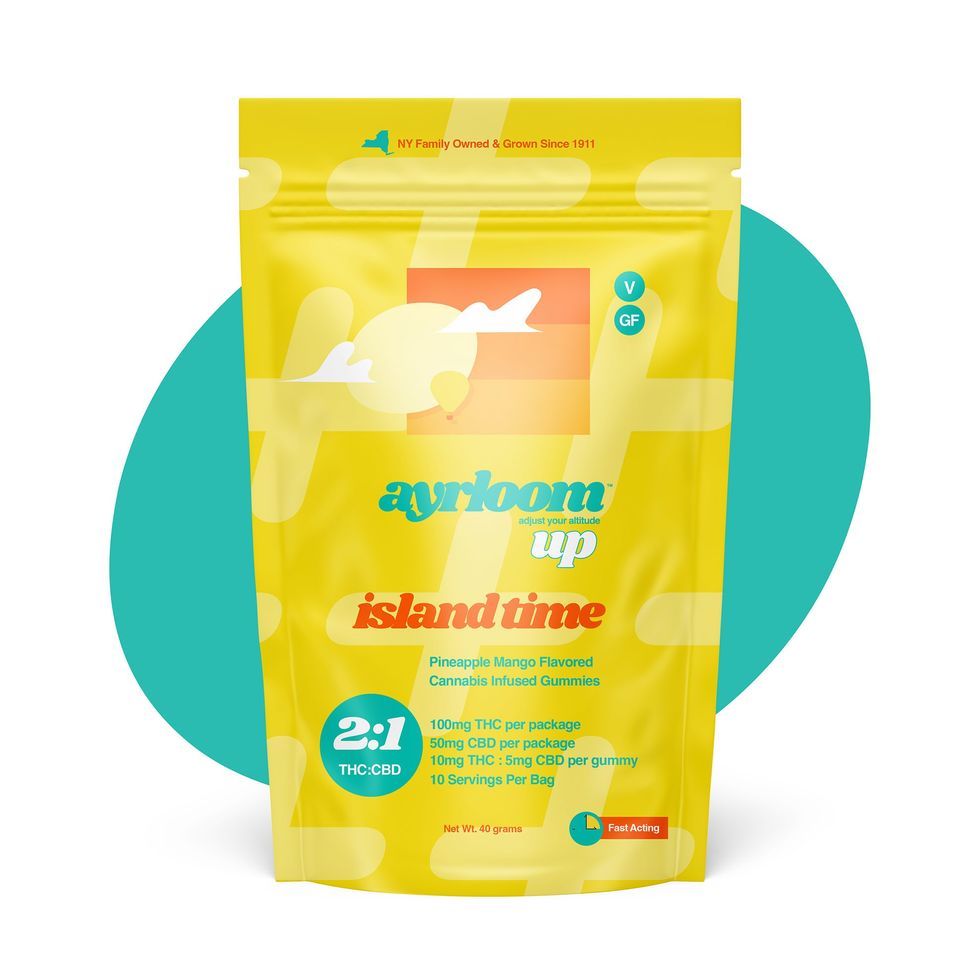 Ayrloom Island Time THC Gummies - Pineapple Mango Flavor
Ayrloom Island Time THC Gummies - Pineapple Mango Flavor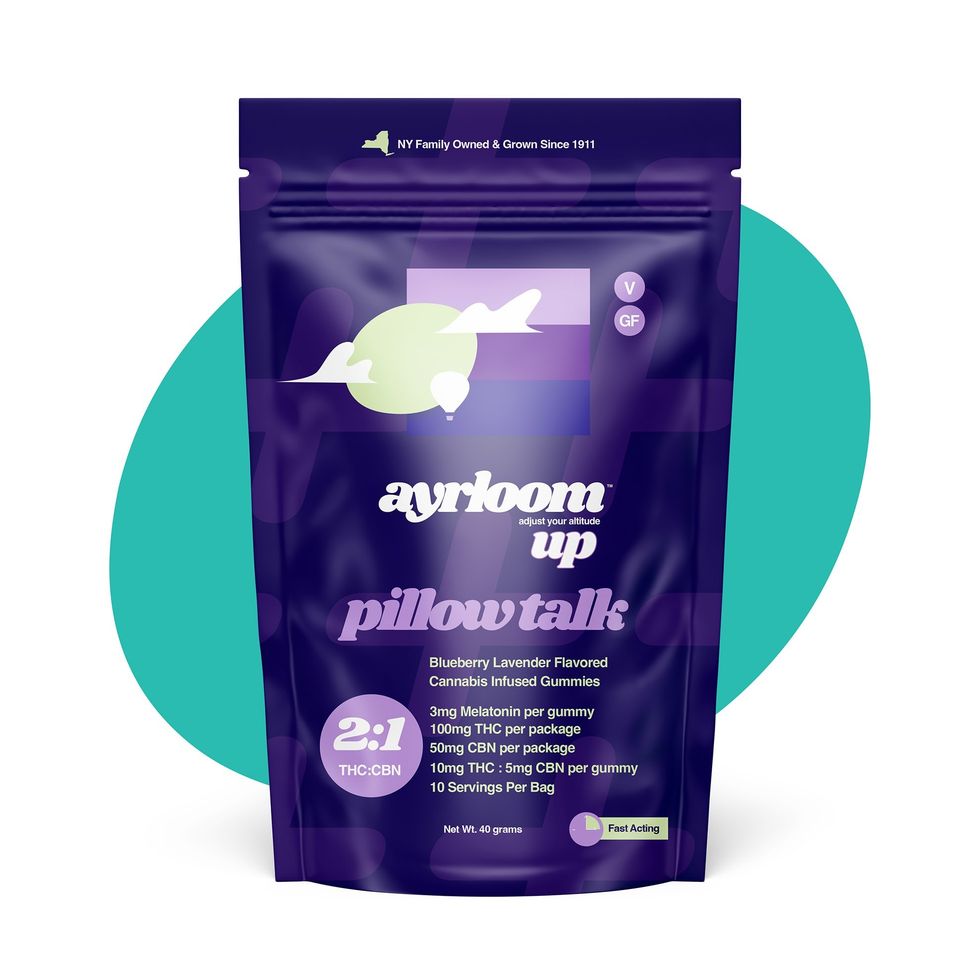 Ayrloom Pillow Talk - Sleep Gummies
Ayrloom Pillow Talk - Sleep Gummies 
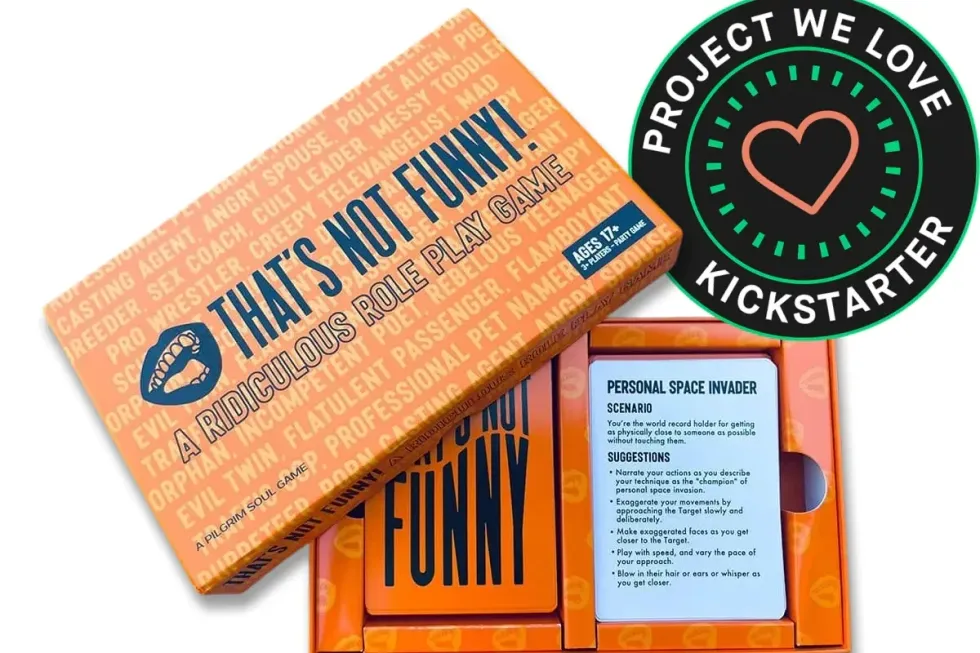
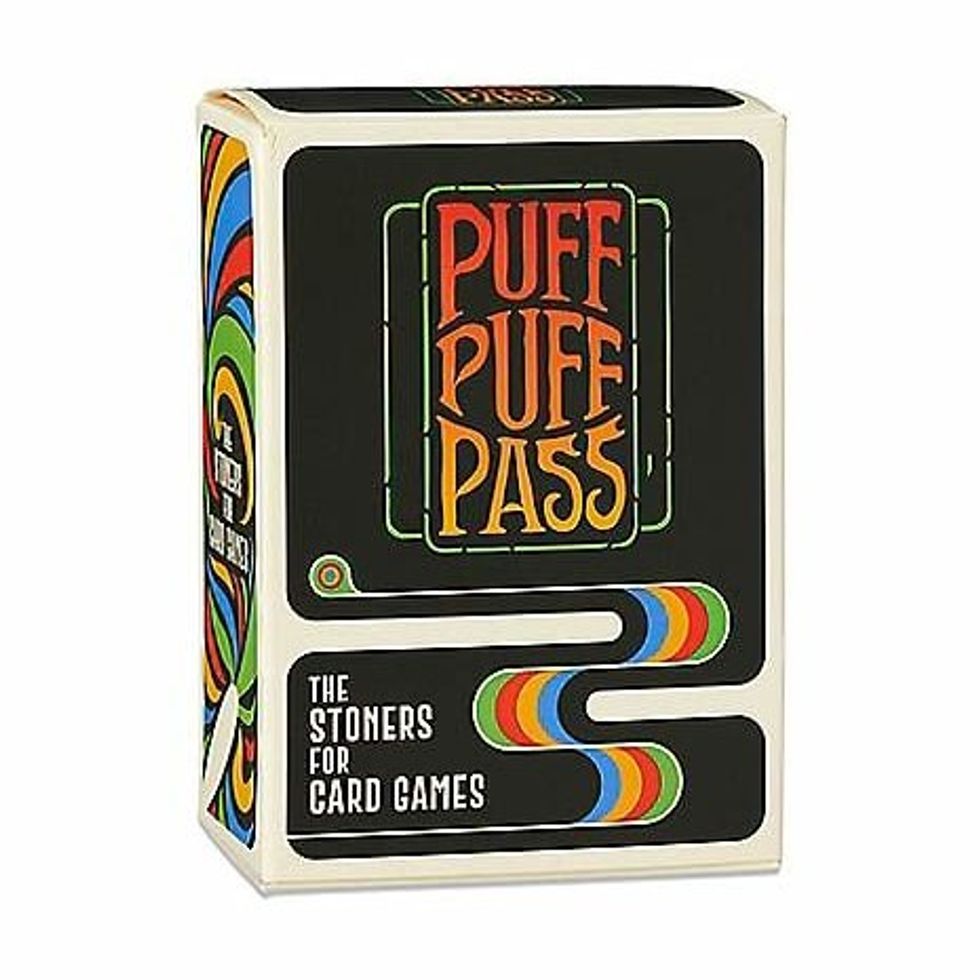
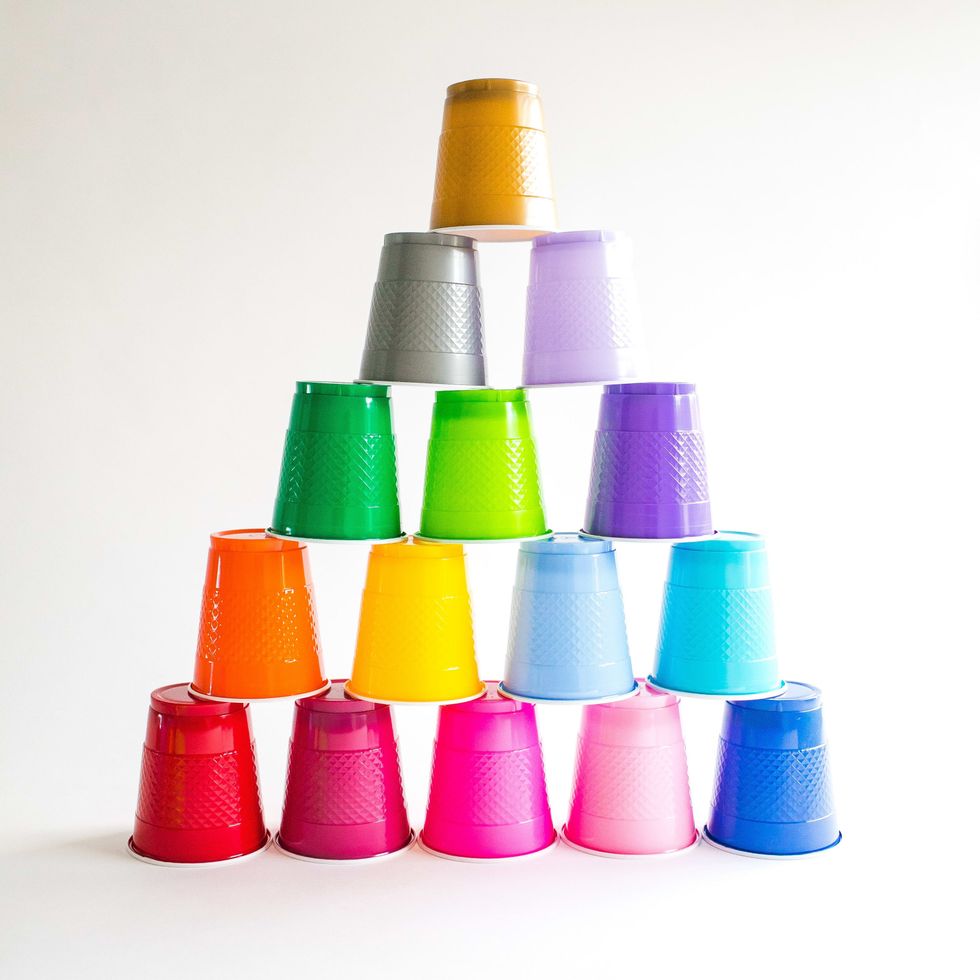
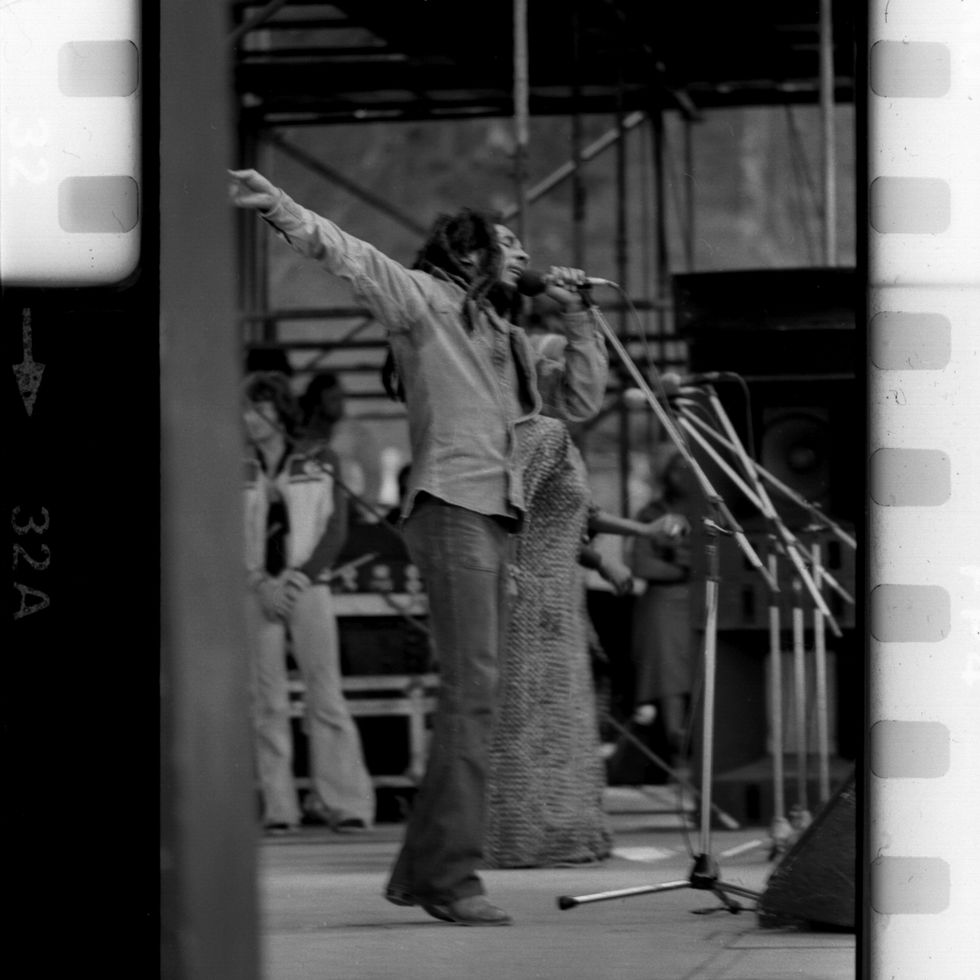 Best Weed Smoking Games to Try - Jammin'
Best Weed Smoking Games to Try - Jammin'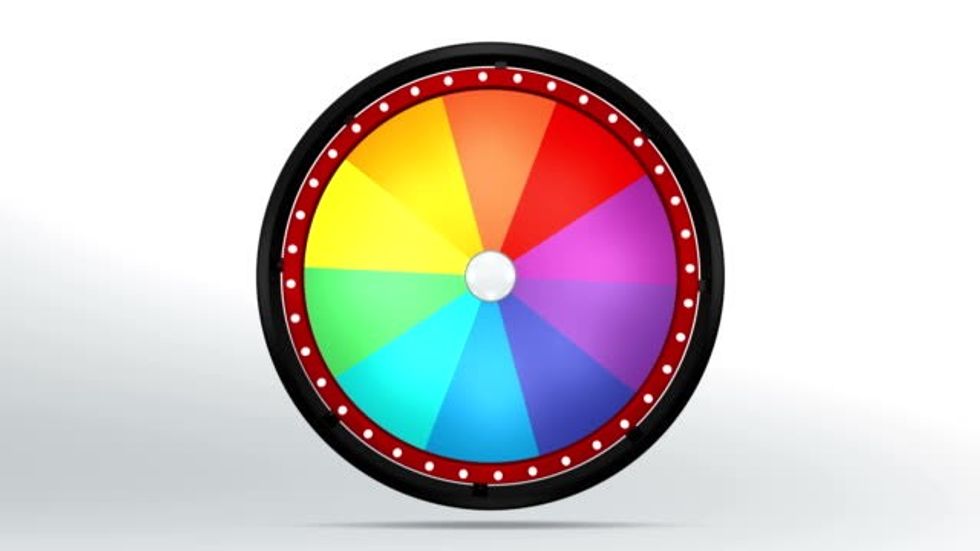 The 31 Best Weed Smoking Games To Try
The 31 Best Weed Smoking Games To Try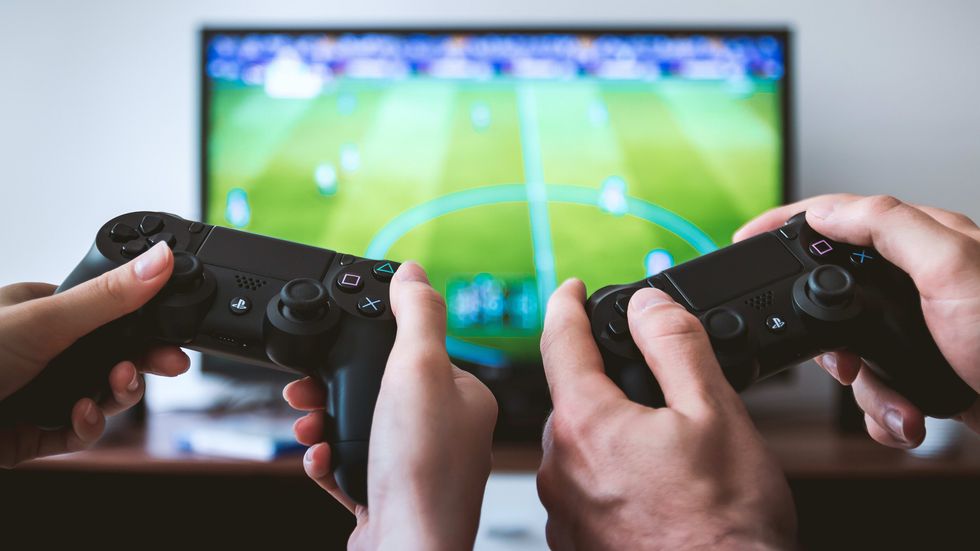 The Best Weed Smoking Games
The Best Weed Smoking Games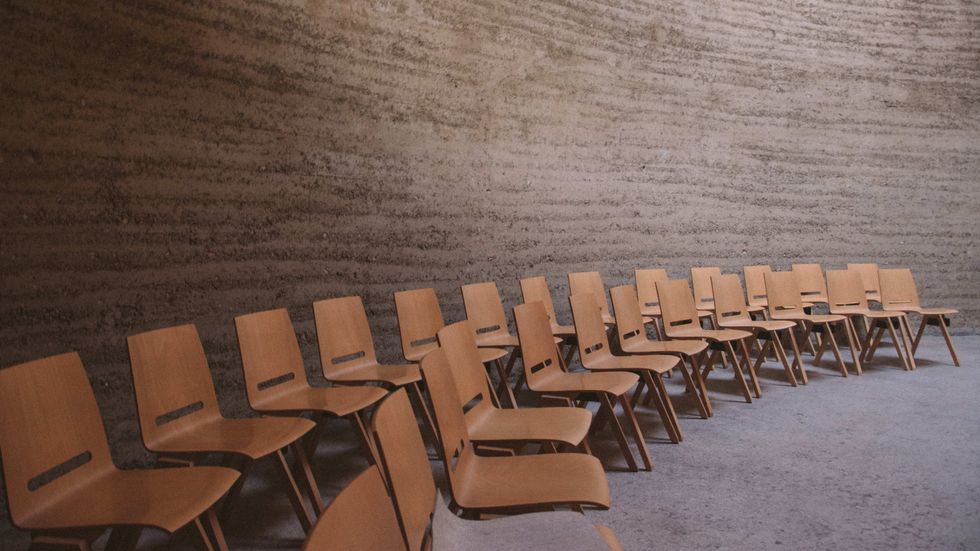 The Best Weed Smoking Games to Try
The Best Weed Smoking Games to Try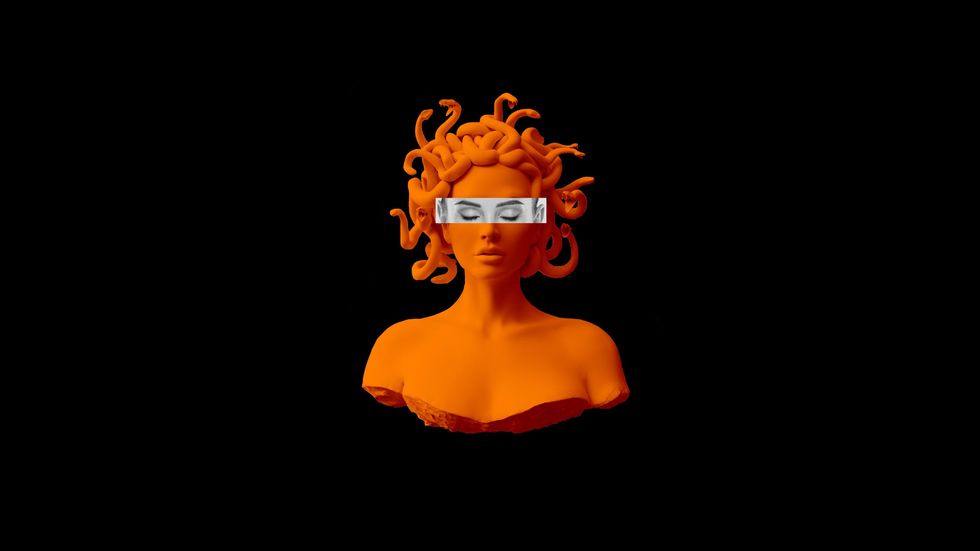
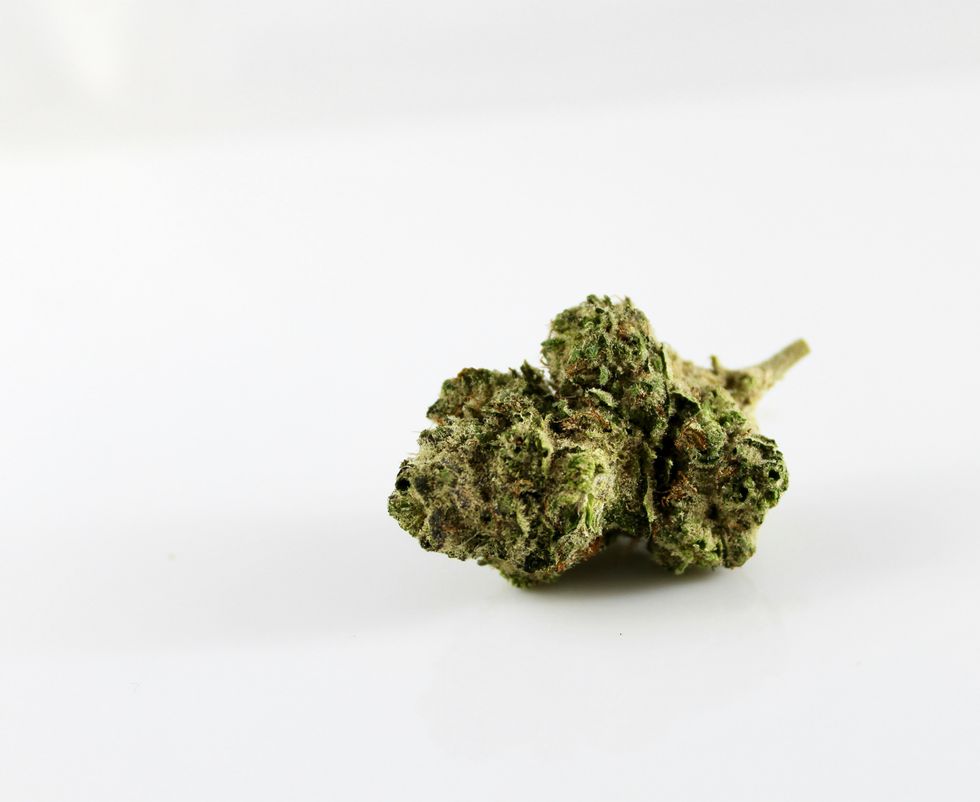
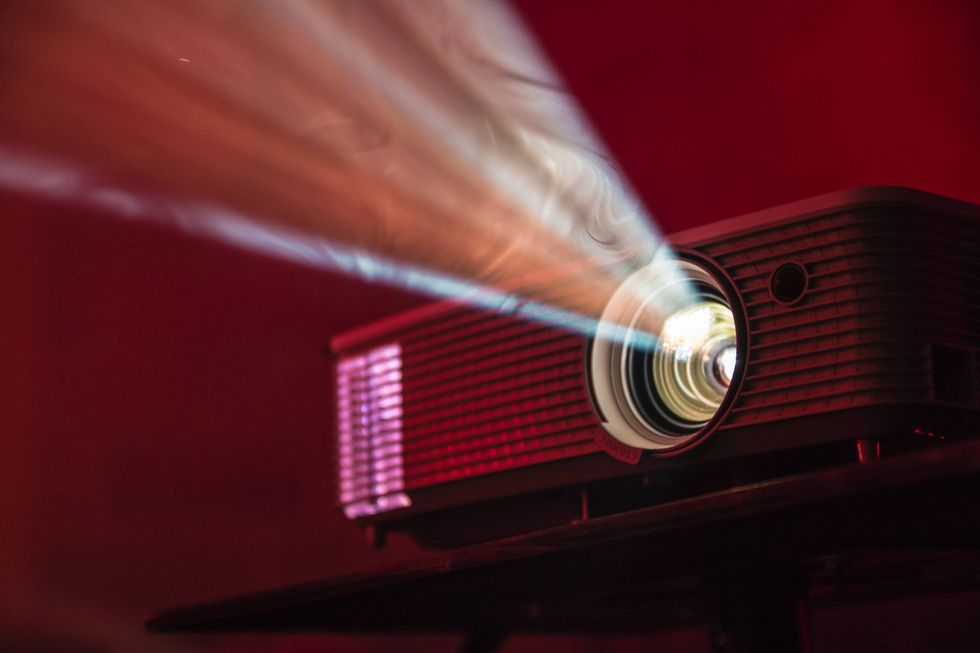 Stoner Games - Games to Play While High
Stoner Games - Games to Play While High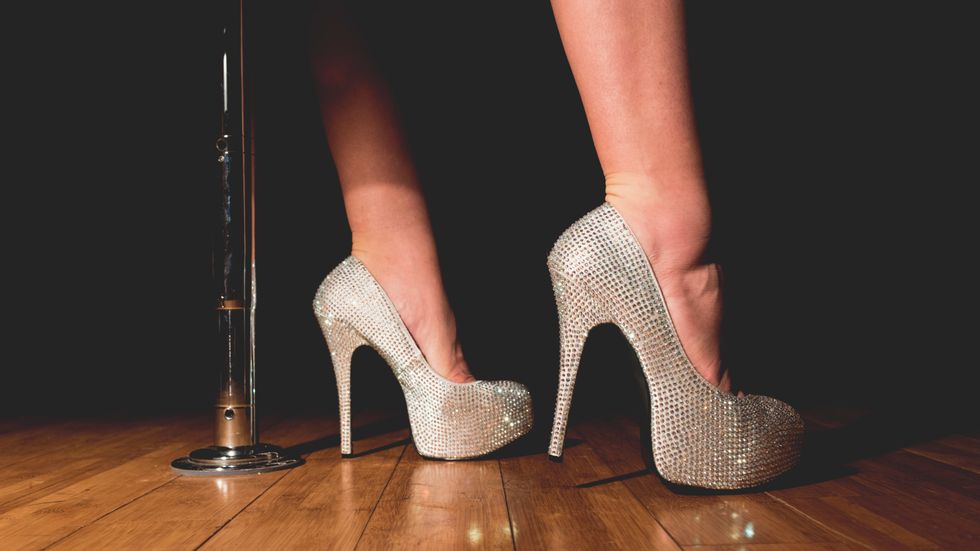 The Best Weed Smoking Games to Play
The Best Weed Smoking Games to Play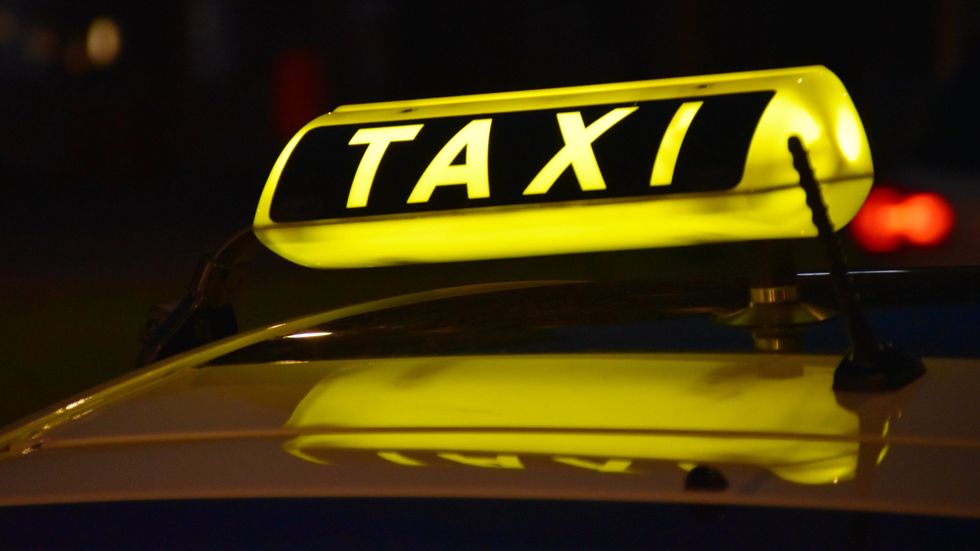 The Best Weed Smoking Games to Try
The Best Weed Smoking Games to Try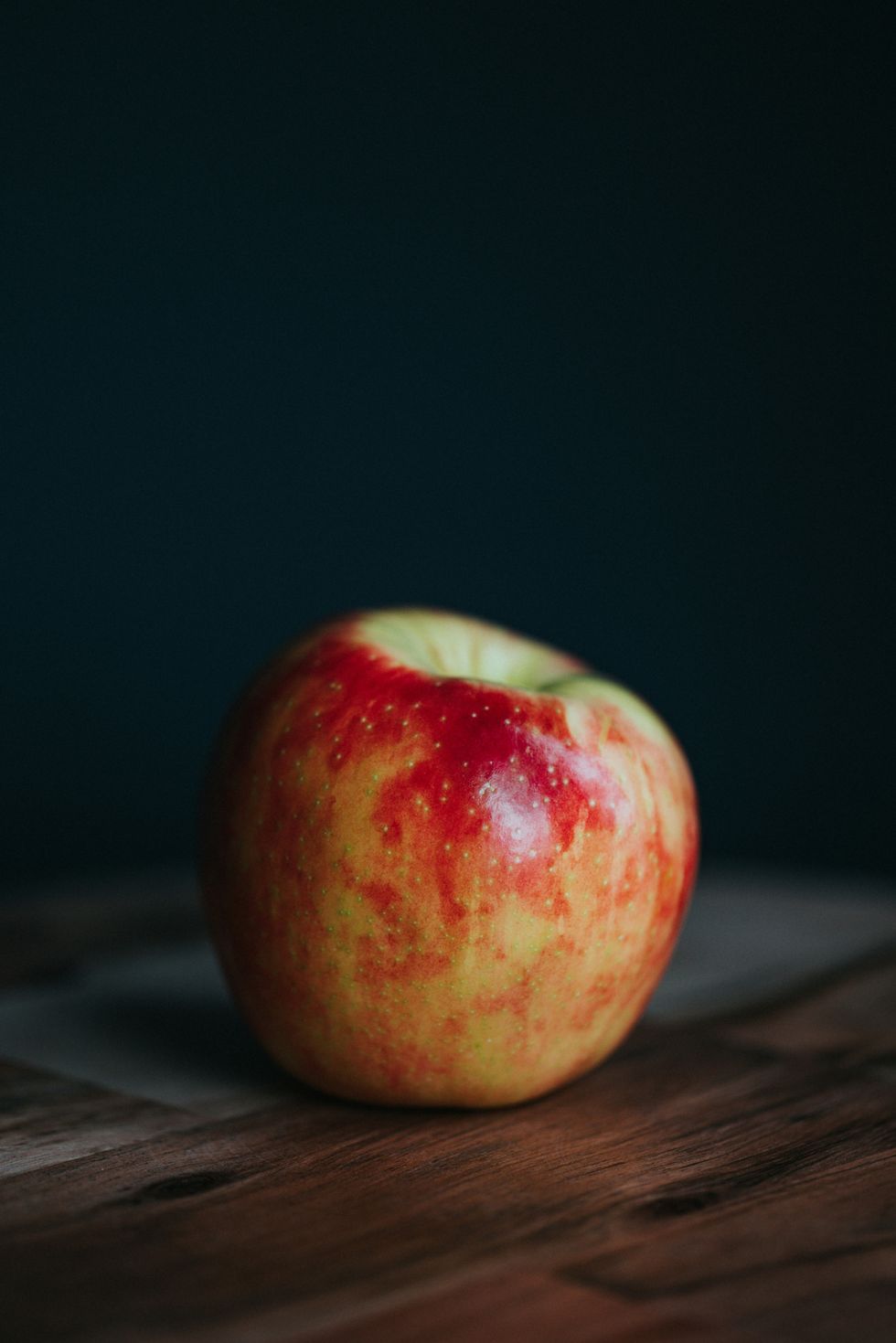
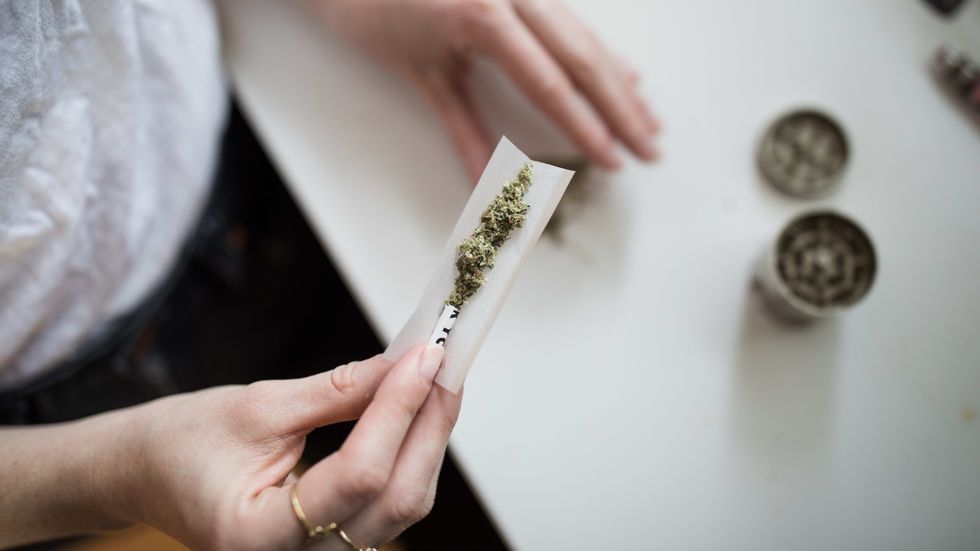 The Best Weed Smoking Games to Try
The Best Weed Smoking Games to Try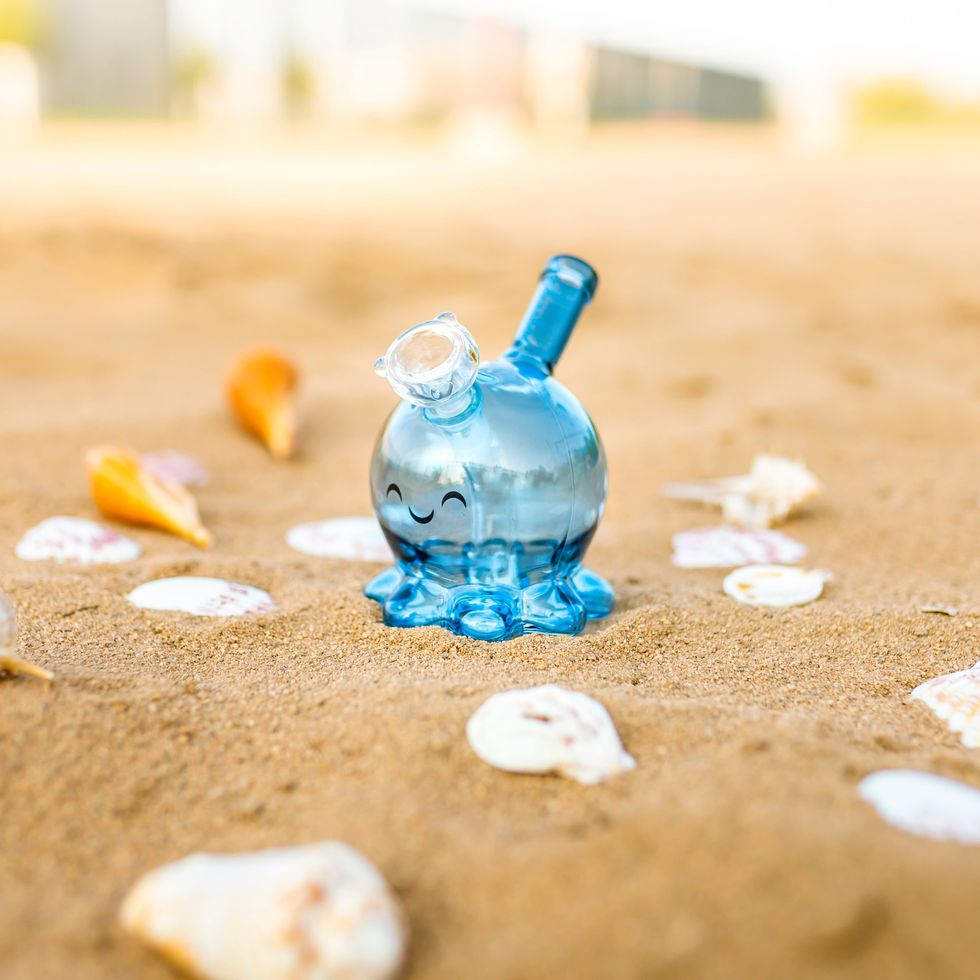
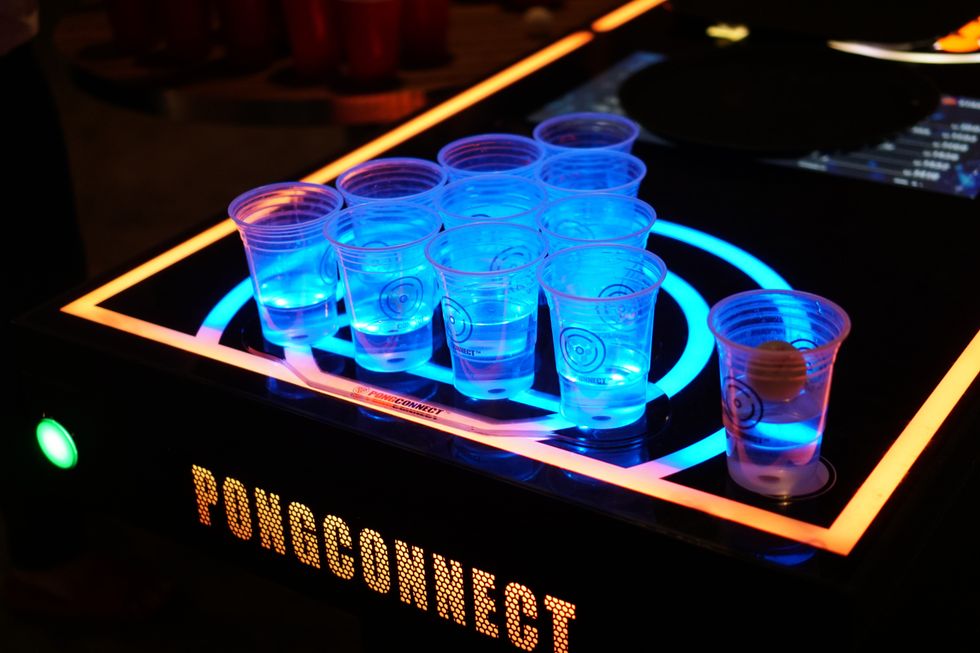 The Best Weed Smoking Games to Play
The Best Weed Smoking Games to Play The Best Weed Games to Play
The Best Weed Games to Play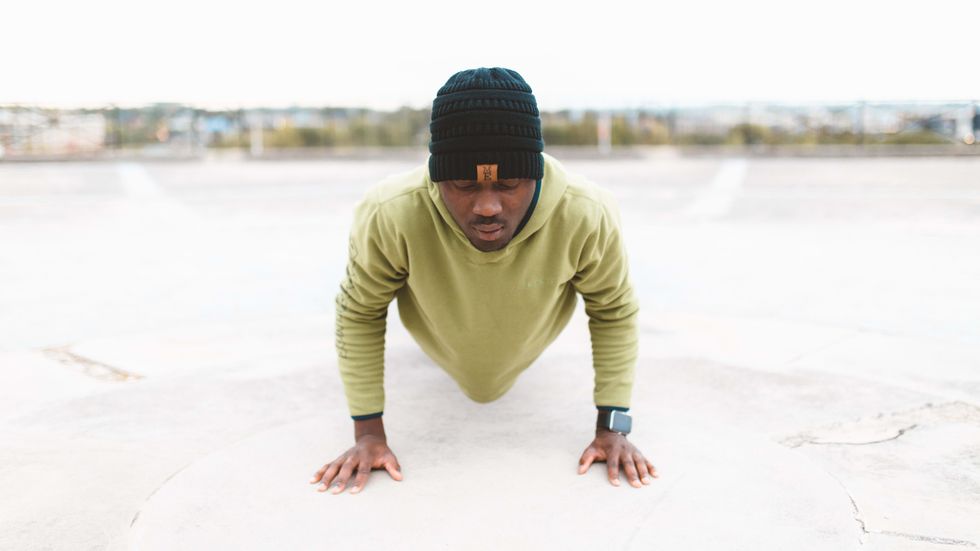 The Best Weed Smoking Games to Try
The Best Weed Smoking Games to Try The Best Weed Smoking Games to Play
The Best Weed Smoking Games to Play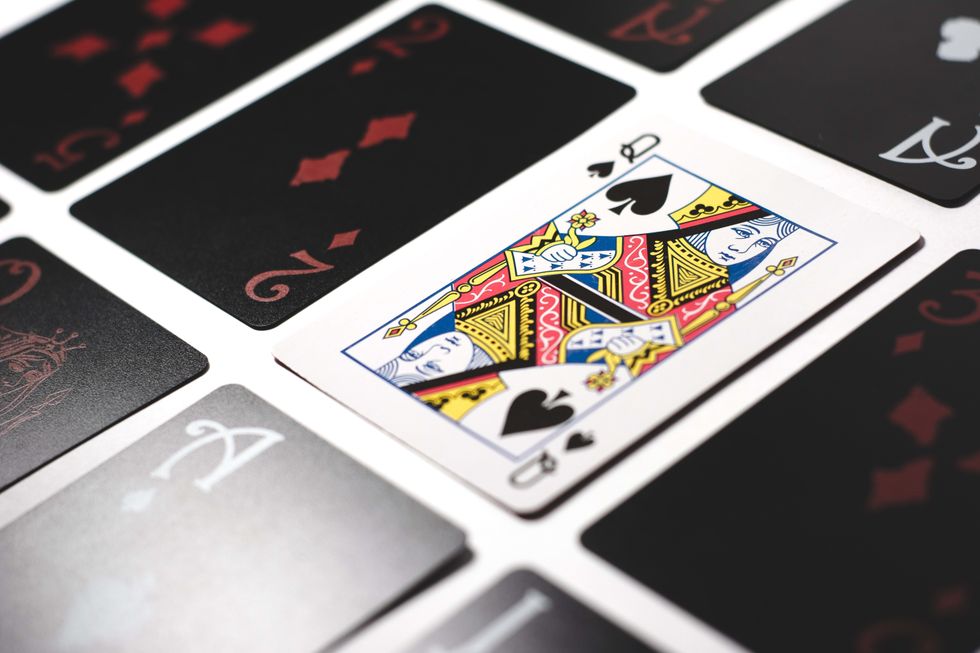 The Best Weed Smoking Games to Try
The Best Weed Smoking Games to Try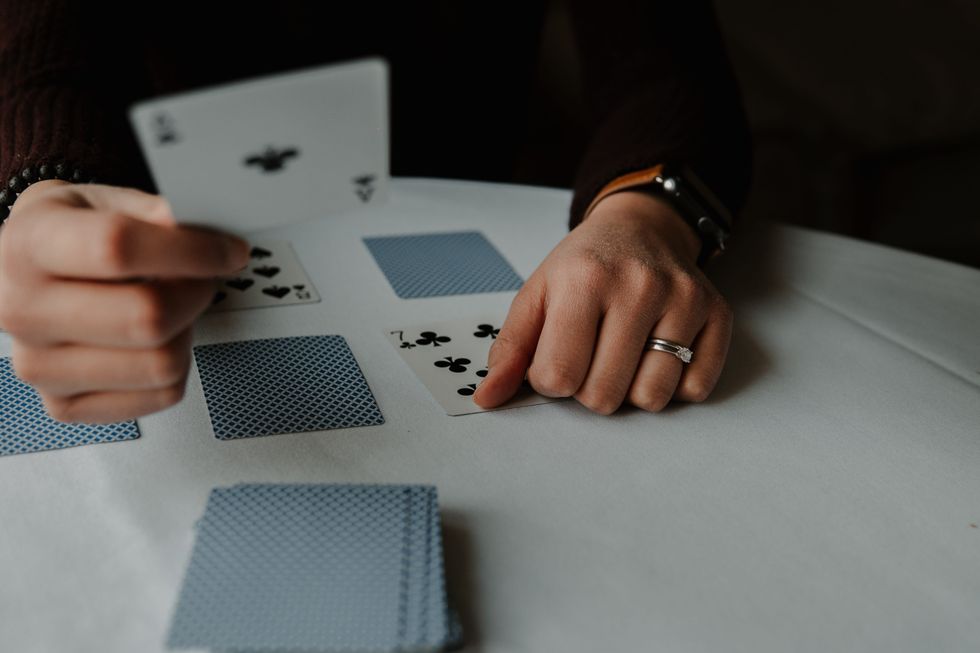 Games for Stoners
Games for Stoners 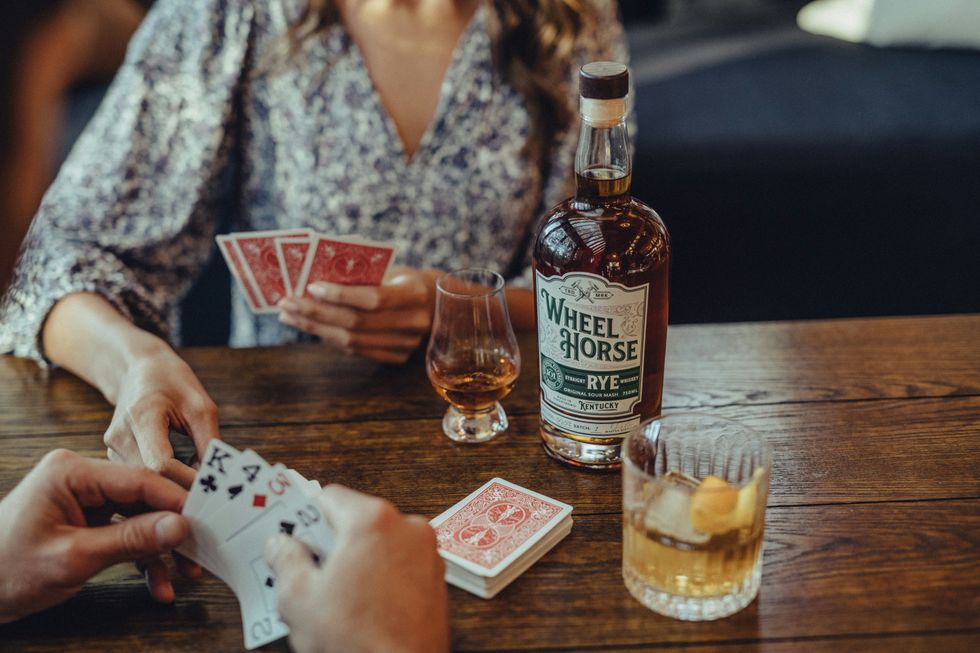 woman in white and blue floral shirt sitting beside woman in white and black floral shirtPhoto by
woman in white and blue floral shirt sitting beside woman in white and black floral shirtPhoto by 
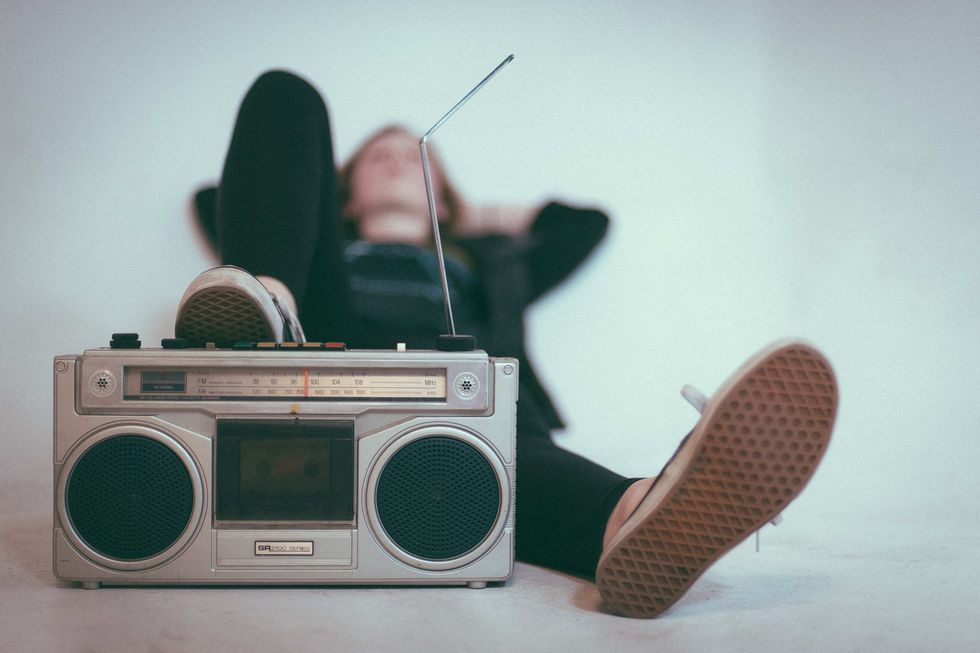 The Best Weed Smoking Games to Play
The Best Weed Smoking Games to Play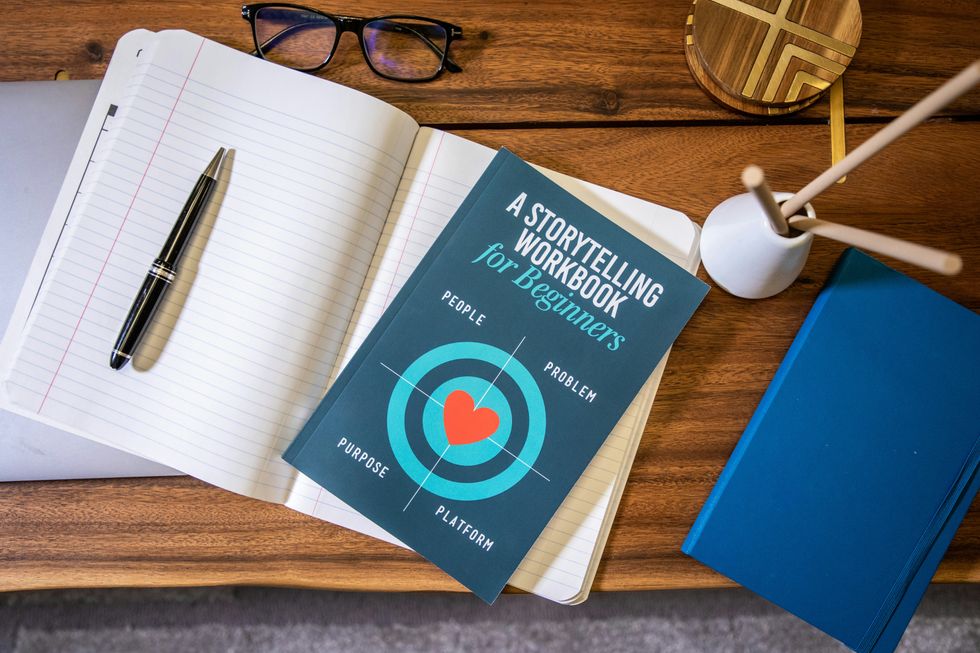
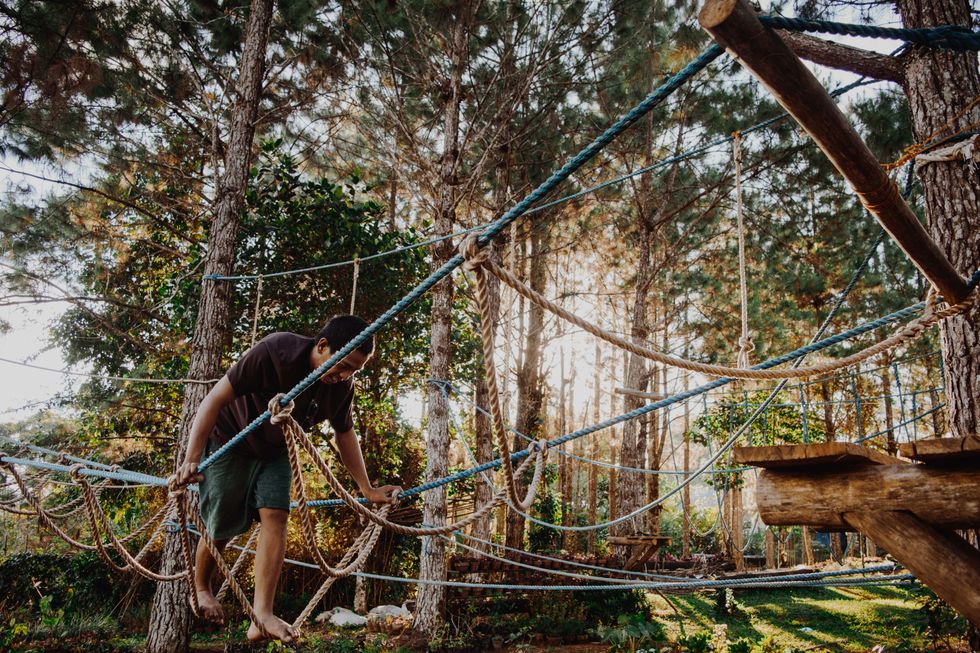 The Best Weed Smoking Games to Try
The Best Weed Smoking Games to Try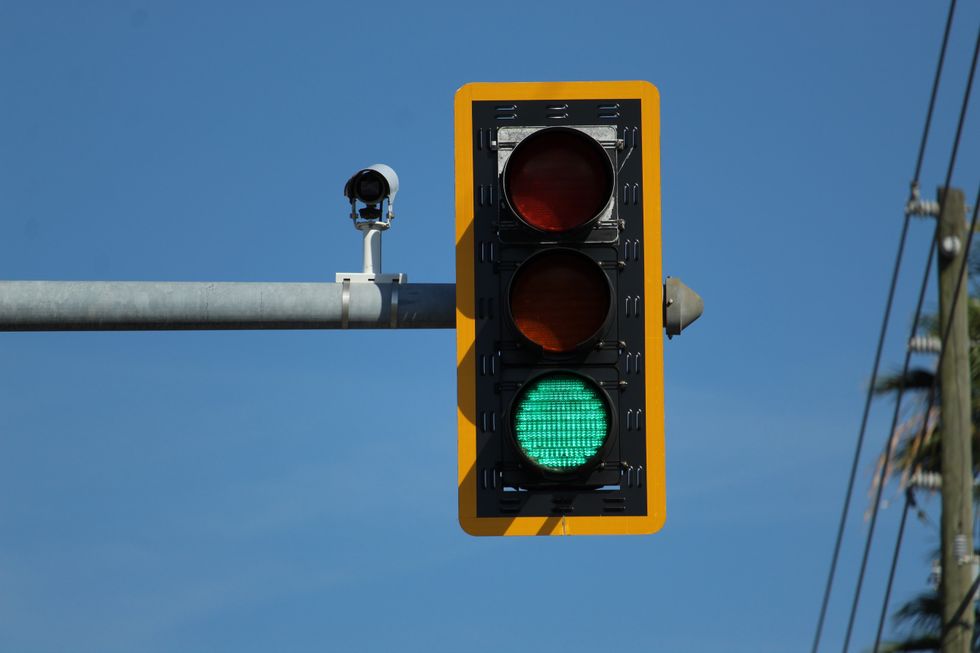 The Best Weed Smoking Games to Try
The Best Weed Smoking Games to Try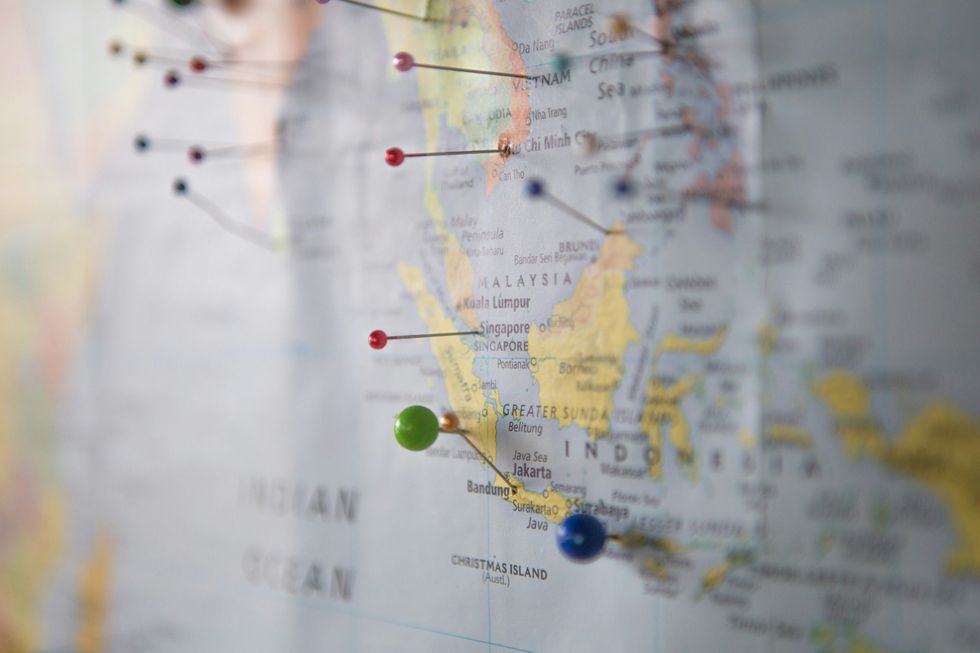 world map with pinsPhoto by
world map with pinsPhoto by 
 The Best Weed Smoking Games to Try
The Best Weed Smoking Games to Try